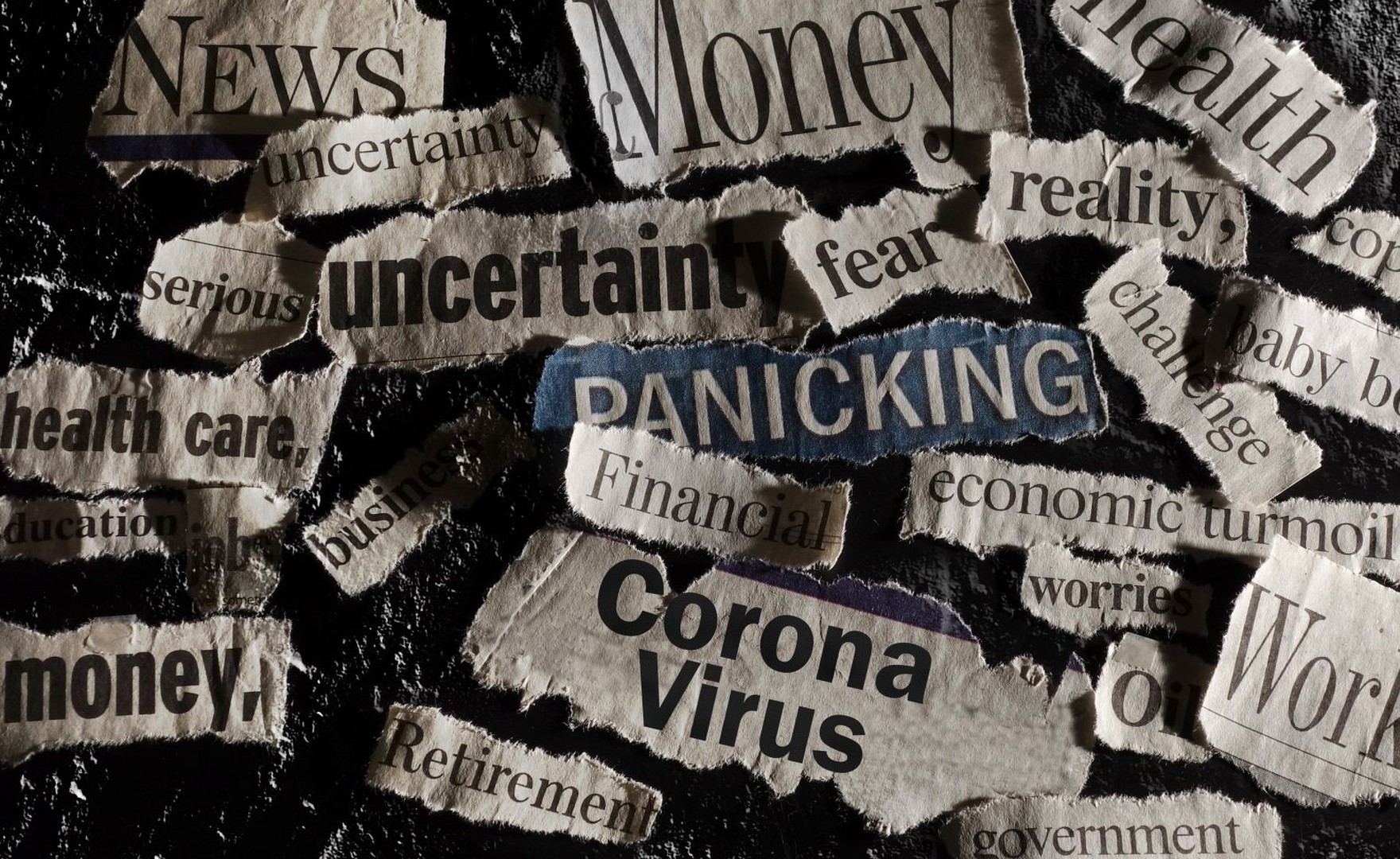If you would like to discover more about coaching and training as a coach, do come along to one of our free upcoming virtual open events or webinars.
Mental health talk needs to translate into action and change
22nd November by Lee Robertson
Reading time 3 minutes

With statistics like one in six adults experiencing some form of depression in summer 2021, we see that world events like climate change and covid-19 are having a severe impact on mental health. Study after study shows just how fragile the situation is and that the mental health emergency has barely started. With poor mental health jeopardising productivity and performance levels, what should employers be mindful of when supporting the mental wellbeing of their employees?
Resilience – the competency every employee should be building
Always developed with good intent, in practice, some wellbeing strategies are little more effective than bandages or plasters. Many programmes are often reactionary and only utilised when an issue has reached its peak. In essence, we are papering over the cracks in dealing with the symptoms, but seldom the cause.
Wellbeing is also often considered a soft issue, but it plays a significant role in ensuring your workers can come to work and perform at their best. Research shows that mental health-related absences cost the UK businesses £14billion alone in 2020 meaning current wellbeing strategy spend is often negated in the number of days lost to illness.
Resilience is often touted as a desirable leadership competency but building the resilience of all our workers is a shrewd decision when you consider the potential economic and human cost that comes with stress and depression. Resilience goes deeper and can have its highest impact at the source of the problem, meaning that you are effectively investing in helping your employees, managers, and leaders to thrive by developing the preventative capacity and mindset to work with change or uncertainty.
Mental wellbeing is an individual, lived experience
For every team member who may be a high achiever, there could easily be one who is struggling. Workplace cultures which have typically equated high performance with elevated levels of pressure are finding themselves having to run by a new set of rules. As we have experienced through lockdowns, individuals have felt isolated or lonely and whole teams have struggled together as people have become emotionally and cognitively exhausted.
Managers can’t assume that everyone is experiencing the same within their teams, so how direct reports might be truly feeling can be missed or misunderstood. It can be irresponsible to leave managers to ‘wing it’ especially as hybrid working becomes the norm. More than ever, our managers and leaders need to be upskilled in how to look after the people they work with. Accidental managers were already a potential hazard in the workplace because they had been promoted because of their competence or technical skills in their role but had not undergone the training in how to lead their people properly. This is a hard truth that many organisations will need to address if they are to create an effective wellbeing environment where good management creates agency, psychological safety, and active engagement in both sides of the relationship.
Strategic wellbeing is still a work in progress
We are still a long way from reaching the summit in fully understanding which approaches to mental health practices work best within the workplace. However, there is much detective work underway, and the Wellcome Trust is one of the key organisations at the forefront of encouraging scientists and employers to work together in the name of mental health prevention.
In its experience, it has found that many businesses do want to put in place interventions that better support their employees, but that we need to build a more robust evidence base. The global charitable foundation has already produced a huge body of research, but work is ongoing, and it has also recently commissioned a further 15 research teams to review the evidence behind mental health policies and test which are most effective. It is hoped that it will be able to fill some of the gaps by publishing the data in Spring 2022.
Regardless of what the official data can tell us, every organisation can take small steps today to ensure that they are putting the mental health of their workers first. From following the science, to employing the services of a resilience coach, incremental change can be found. HR can take some of the guesswork out of the challenge too. Simple measures such as regular conversations with managers and their direct reports, to running regular staff engagement surveys can give you a true insight into what is happening within the lives of employees. By hearing their voices, pragmatic action can be easy to implement and start you on the path to long lasting improvement.
The AoEC’s consultancy services are offered to organisations and feature a portfolio of tailored coaching based solutions and products that can serve to address a multitude of issues facing both large and small businesses today.
Interview
Practitioner Diploma / “I found the approach combined rigour with warmth and compassion”
16th December 2025 by Lee Robertson
With a career rooted in drama therapy and over 25 years designing experiential learning for leading consultancies, Alison Seddon made…
Article
Existential coaching: A coaching model for uncertain times
16th December 2025 by John Gray
What if you knew there was a coaching model which is supremely comfortable amidst themes of complexity, uncertainty and concern.
Article
How coaching helps leaders discover their style and lead with confidence
16th December 2025 by Lee Robertson
Leadership isn’t about having a title or authority. It’s about influence, trust and the ability to guide others through complexity.…